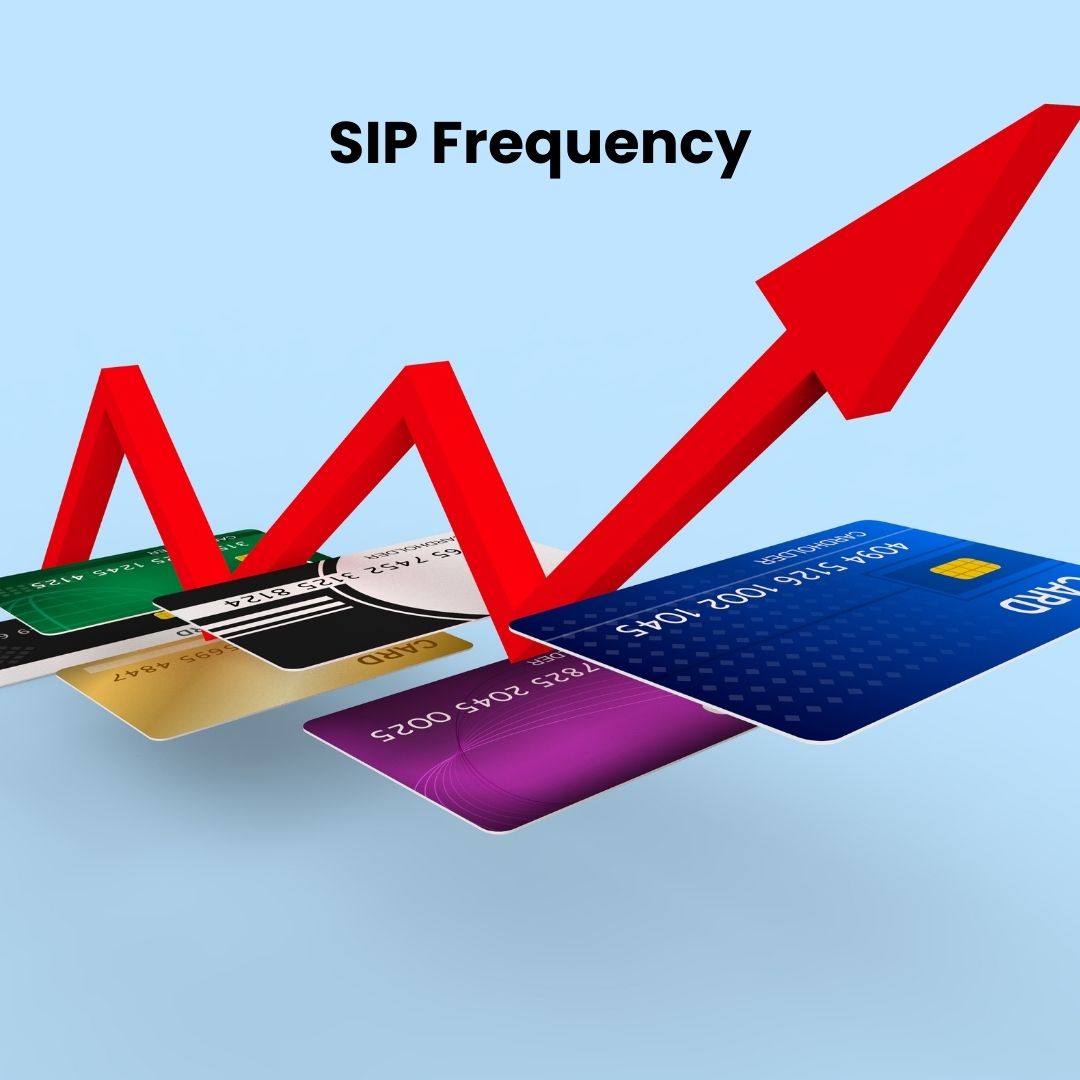When it comes to investing in mutual funds or the stock market, two popular strategies dominate the financial landscape—Lump Sum Investments and Systematic Investment Plans (SIPs). Both these methods are powerful tools for wealth creation, but they differ significantly in approach, timing, risk, and suitability for different types of investors.
At Garg Financial Services (GFS Wealth), we understand that choosing the right investment strategy can be confusing, especially if you’re new to investing. This blog aims to clarify the key differences between Lump Sum Investments and SIPs so you can make smarter financial decisions based on your goals and risk appetite.
What are Lump Sum Investments?
A Lump Sum Investments is when an investor puts a large amount of money into a financial instrument—like mutual funds or stocks—at one go. Instead of spreading your investment over time, you invest the entire amount at once.
This method is ideal for individuals who have a significant corpus available—for example, proceeds from a property sale, bonuses, inheritance, or savings. It allows the money to work immediately, leveraging the power of compounding from day one.
Example:
Suppose you receive ₹5 lakhs as a bonus and decide to invest the whole amount into an equity mutual fund. This is considered a Lump Sum Investment.
What is a Systematic Investment Plan (SIP)?
A Systematic Investment Plan or SIP allows investors to invest a fixed amount periodically—monthly, quarterly, etc.—into a mutual fund. It is a disciplined approach to investing and helps reduce market timing risks through rupee cost averaging.
SIPs are suitable for salaried individuals or those who want to build wealth gradually without putting a burden on their finances.
Example:
You decide to invest ₹5,000 every month in a mutual fund for 5 years. This is an SIP.
Lump Sum Investments vs SIP – Key Differences
Let’s dive deeper into how Lump Sum Investments differ from SIPs:
1. Investment Strategy
- Lump Sum: Invests a large amount at once.
- SIP: Invests smaller amounts at regular intervals.
Lump Sum Investments give your full capital immediate exposure to the market, potentially earning more if the market rises. SIPs, on the other hand, spread the risk by investing in various market cycles.
2. Risk and Market Timing
- Lump Sum: Carries higher market timing risk.
- SIP: Minimizes market volatility through rupee cost averaging.
If you invest a large amount during a market high in a Lump Sum Investment, you might face short-term losses if the market falls. SIPs protect against such timing risks by investing periodically.
3. Returns Potential
- Lump Sum: Higher potential returns if the market performs well post-investment.
- SIP: Consistent returns over time, less impacted by short-term market movements.
Lump Sum Investments can outperform SIPs in a bullish market because the full capital starts compounding immediately.
4. Ideal Investor Profile
- Lump Sum: Suitable for investors with a high-risk appetite and large disposable income.
- SIP: Perfect for new investors, salaried professionals, or those with limited monthly savings.
At GFS Wealth, we recommend Lump Sum Investments for clients with a clear financial goal, understanding of the market, and a long-term horizon.
5. Flexibility
- Lump Sum: One-time transaction with less flexibility.
- SIP: Offers more control and flexibility to pause, stop or increase investment.
SIPs provide flexibility to increase or decrease investment amounts, while Lump Sum Investments are usually fixed unless reinvested.
When Should You Choose Lump Sum Investments?
Lump Sum Investments work best when:
- You have surplus funds – e.g., from a bonus, maturity of an FD, or property sale.
- The market is low – Ideal to enter when stocks are undervalued.
- You have a long investment horizon – At least 5–10 years.
- You understand market trends – To make informed investment decisions.
- You want faster growth – To maximize the power of compounding.
When Should You Choose SIPs?
SIPs are great when:
- You have a steady income – e.g., salaried individuals.
- You want to build a habit of saving regularly.
- You are new to investing and want to reduce risk.
- You aim for long-term wealth creation without worrying about market fluctuations.
Taxation Differences
Both Lump Sum Investments and SIPs in mutual funds are taxed similarly depending on the holding period:
- Equity Funds: Long-term gains (after 1 year) above ₹1 lakh are taxed at 10%.
- Debt Funds: Gains after 3 years are taxed at 20% with indexation benefits.
In SIPs, each installment is considered a separate investment for taxation purposes. Lump Sum Investments, on the other hand, are treated as one single transaction.
Which Gives Better Returns – Lump Sum or SIP?
There is no one-size-fits-all answer.
- In a bull market, Lump Sum Investments may offer higher returns as the entire amount is invested upfront.
- In a volatile or bearish market, SIPs tend to perform better by averaging the purchase cost.
At GFS Wealth, we analyze market conditions and the client’s financial goals to suggest the best investment approach—whether Lump Sum Investments or SIPs.
Hybrid Approach: Best of Both Worlds
If you’re still confused between the two, a hybrid strategy might be the answer. You can start with a Lump Sum Investment and continue with SIPs for regular contributions. This way, you get the benefit of both immediate market exposure and long-term averaging.
Example: Invest ₹2 lakhs as a Lump Sum Investment and set up a ₹10,000 monthly SIP alongside.
How GFS Wealth Helps You Choose the Right Investment Strategy
At Garg Financial Services (GFS Wealth), we believe in goal-based investing. Our financial experts help you:
- Evaluate your financial goals
- Assess your risk appetite
- Understand market conditions
- Choose between Lump Sum Investments and SIPs (or both)
- Monitor and rebalance your portfolio regularly
We offer a range of investment solutions across mutual funds, tax-saving funds, insurance, and more—tailored to your needs.
Benefits of Lump Sum Investments with GFS Wealth
Here’s why many clients prefer Lump Sum Investments with us:
- Expert Guidance: We advise you on the best time and funds to invest in.
- Portfolio Diversification: Smart allocation across equity, debt, and hybrid funds.
- Transparent Process: No hidden charges or commissions.
- Dedicated Relationship Managers: Personalized support and reviews.
- Goal Tracking: Real-time updates on your investment performance.
Conclusion: SIP vs Lump Sum Investments – Which is Right for You?
The decision between Lump Sum Investments and SIPs ultimately depends on your:
- Financial situation
- Investment goals
- Risk tolerance
- Market knowledge
- Investment horizon
Both strategies have their pros and cons. While Lump Sum Investments are great for those with excess funds and long-term vision, SIPs work well for consistent savers looking for disciplined growth.
At GFS Wealth, we simplify investing by aligning it with your life goals. Whether you choose SIPs, Lump Sum Investments, or a combination of both, we are here to guide you at every step.
Frequently Asked Questions
1. Are Lump Sum Investments better than SIPs?
Not always. Lump Sum Investments work better in a rising market, while SIPs are safer during volatility. The right choice depends on your risk profile and financial goals.
2. Can I switch from SIP to Lump Sum Investment?
Yes. You can stop your SIP and invest a lump sum whenever you have surplus funds, but always consult a financial advisor before making the switch.
3. Are Lump Sum Investments risky?
They carry higher short-term risk if market timing goes wrong. However, with a long-term outlook, the risk reduces significantly.
4. Can I do Lump Sum Investments in any mutual fund?
Most mutual funds accept Lump Sum Investments. However, fund selection should depend on your investment objective, fund performance, and risk appetite.
Need Help Choosing the Right Investment?
Whether you’re considering Lump Sum Investments or SIPs, Garg Financial Services (GFS Wealth) is your trusted financial partner. Our goal is to help you grow your wealth, secure your future, and make smart money moves. Contact us today for a free consultation












